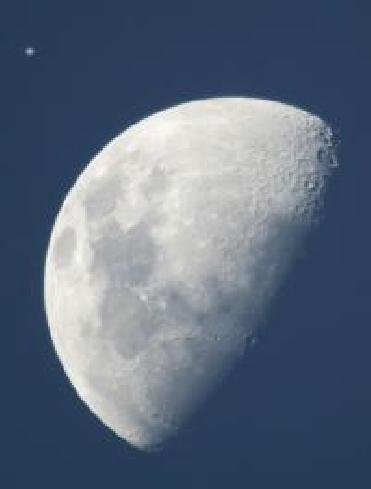
PARIS (BNS): After successfully tracing water ice on the Moon, an instrument on board Chandrayaan-1 has now got to the root of the finding � how water is likely being created on the lunar surface.
As per the new discovery made by the ESA-ISRO instrument SARA onboard the Indian lunar craft, the Moon is a big sponge that absorbs electrically charged particles given out by the Sun. These particles interact with oxygen present in some dust grains on the lunar surface, thereby producing water, the European Space Agency said.
The lunar surface is a loose collection of irregular dust grains, known as �regolith�. Incoming particles from the Sun are trapped in the spaces between the grains and absorbed. When this happens to protons, they are expected to interact with the oxygen in the lunar regolith to produce hydroxyl and water.
The signature for these molecules was recently found and reported by Chandrayaan-1�s Moon Mineralogy Mapper (M3) instrument team.
The results from the Sub-keV Atom Reflecting Analyzer (SARA) confirm that solar hydrogen nuclei are indeed being absorbed by the lunar regolith but they also highlight a mystery � not every proton is absorbed. One out of every five rebounds into space, and in the process, the proton joins with an electron to become an atom of hydrogen.
�We didn�t expect to see this at all,� said Stas Barabash, European Principal Investigator for the SARA instrument, at the Swedish Institute of Space Physics.
Although Barabash and his colleagues do not know what is causing the reflections, the discovery paves way for a new type of image of the lunar surface to be made.
The latest finding also gives scientists an ingenious new way to take images of the Moon and any other airless body in the Solar System, ESA said.
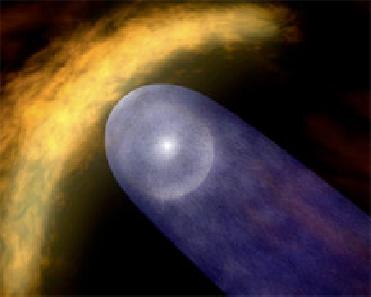 Previous Article
Previous Article Next Article
Next Article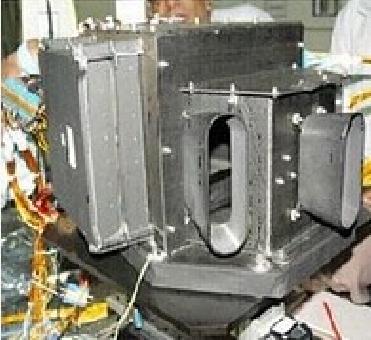
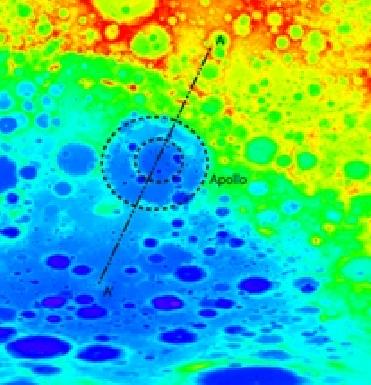
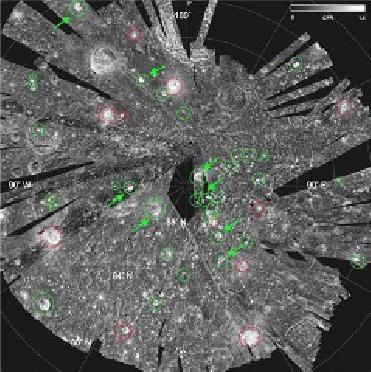
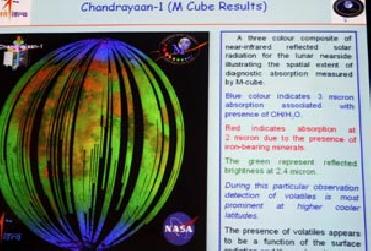










The Indian Air Force, in its flight trials evaluation report submitted before the Defence Ministry l..
view articleAn insight into the Medium Multi-Role Combat Aircraft competition...
view articleSky enthusiasts can now spot the International Space Station (ISS) commanded by Indian-American astr..
view article